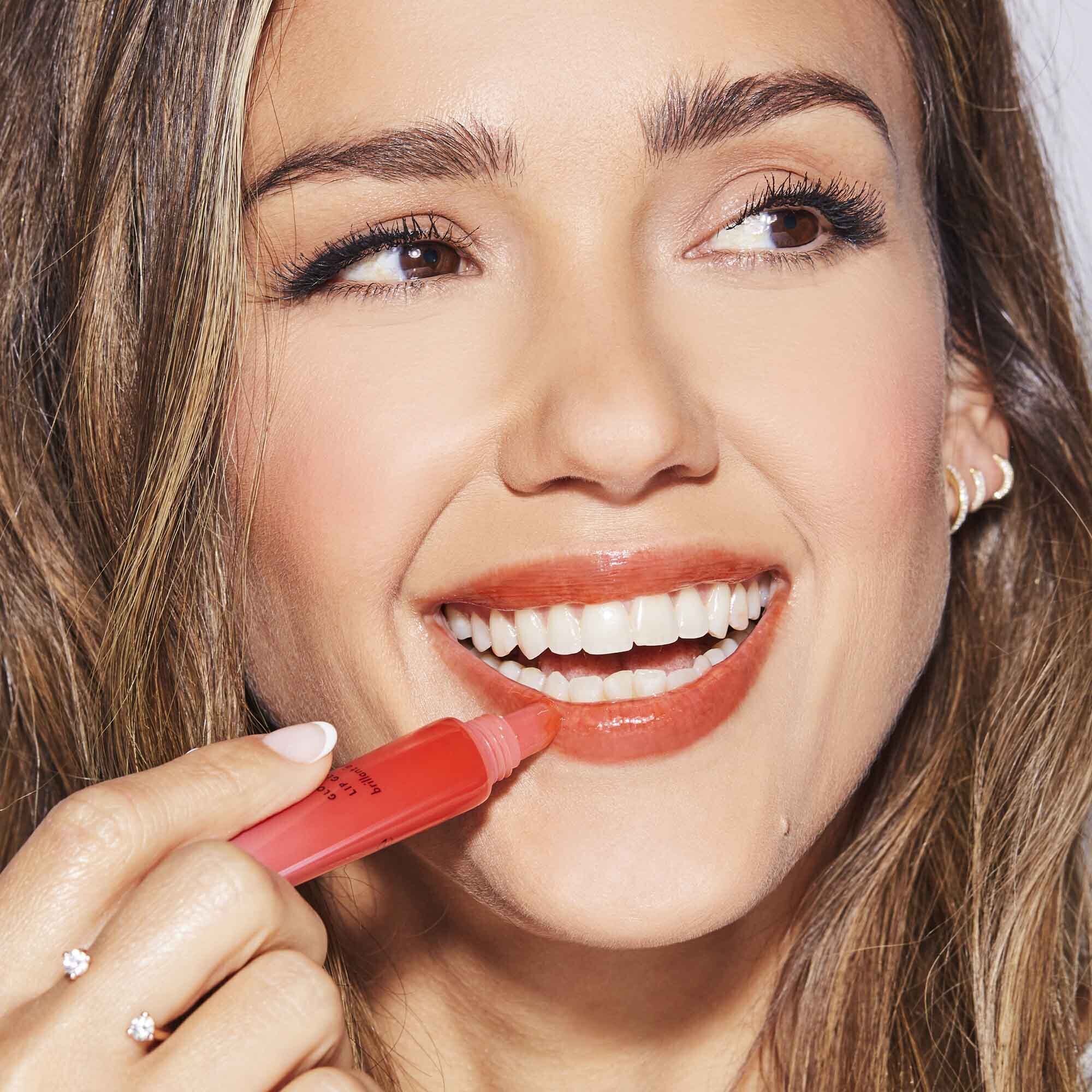The Many Uses of Vitamin C, Including a Few You Never Thought Of
Last updated on

Vitamin C. We all hear about it, about how it is one of the most essential vitamins for the human body, about how it combats the common cold, the flu, and a variety of other ailments. But what, truly, does vitamin C actually do for us?
How Does Vitamin C Help Us?
In the simplest of forms, vitamin C is a strong antioxidant that helps protect cells from damage by free radicals and infectious agents. It does this by binding to the cells in vulnerable areas and allowing iron and beneficial minerals and elements to enter the cells while acting quite literally as a layer of armor against agents too big to slip by or that are trying to bind to certain receptors on cell membranes.
While there are multiple ways in which vitamin C helps other parts of the body, it is all related back to the fact that vitamin C is water-soluble, a strong antioxidant, and a vital building block of our body composition.
What Functions Does Vitamin C Play?
Vitamin C, apart from being the armor that cells wear, benefits many other parts of the body. One of its most important functions is to produce collagen, a “sticky protein” that helps close and heal cuts and scrapes. It is for that reason specifically that after day surgery and/or surgical procedures it is recommended that you include more vitamin C in your diet for a few weeks.
As well, vitamin C, when combined with specific healthy fats and/or oils such as olive oil, helps lower uric buildup in your kidneys and bladder. It also combats uric acid in the blood, which helps lower blood pressure if you suffer from hypertension or other blood pressure-related issues.
Another important function of vitamin C comes from its acidity, as it is most commonly found as ascorbic acid. Acid has a negative connotation that it is a harmful thing, yet it is absolutely necessary for certain enzymes in the digestive tract to function. As nutrient-rich waste moves from the stomach to the upper intestine, these enzymes latch on and start digesting these nutrients into beneficial components that are used around the body. As well, a process called ascorbate peroxidase converts harmful hydrogen peroxide that is released during digestion into water and oxygen.
Lastly, vitamin C has an effect on the brain, and in specific memory and focus. In studies throughout the 2000’s, there have been noticeable correlations between antioxidant use and illnesses such as Alzheimer’s disease and dementia. Those with higher levels of antioxidants of the correct type, such as vitamin C, show slower brain function deterioration than those with low levels of antioxidants.
Where Can We Find Vitamin C in Products We May Not Consider?

Lip Gloss
Believe it or not, vitamin C has become an important ingredient in lip gloss. Naturally, Many companies offer vitamin C-inflused lip gloss and other beauty products laden with the vitamin. Combined with the oils and waxes in the gloss, vitamin C helps promote water retention in the skin of the lips, as well as binding with the surface cells to help keep the gloss fresher, longer.
Shampoos & Conditioners
If you’ve been paying attention to the commercials and ads for shampoos and conditioners as of late, everything from the floral-infused brands through to the anti-dandruff brands all have been promoting the inclusion of vitamin C in their formulas. This is because of the fact that vitamin C is both a weak acid and has water retention properties. The weak acid helps strip away damaged and dead cells from the hair and scalp, and the water retention helps keep the scalp hydrated, reducing dried skin flakes.
Hand & Face Lotions
Ever wonder why your skin feels soft and “hydrated” after rubbing some good quality lotion into it? Apart from several other ingredients, vitamin C plays an important role in lotions. Although other acids and minerals help strip away the oils and dead cells that are on the surface of the skin, vitamin C helps the moisturizing ingredients penetrate and absorb through the cells, allowing “the good stuff” to get in and bind to the right receptors, while also protecting against bacteria and viruses that we always have on our hands and don’t pay much attention to.
Some of the links I post on this site are affiliate links. If you go through them to make a purchase, I will earn a small commission (at no additional cost to you). However, note that I’m recommending these products because of their quality and that I have good experience using them, not because of the commission to be made.
Comments
Leave a Reply

































 JOIN OVER
JOIN OVER
That a Really Great and Awesome post thanks for sharing with us.
Best Fruit Drink – Artisna Flirty Bits
Thank you for this great information, Try
Nutribullet Alternatives